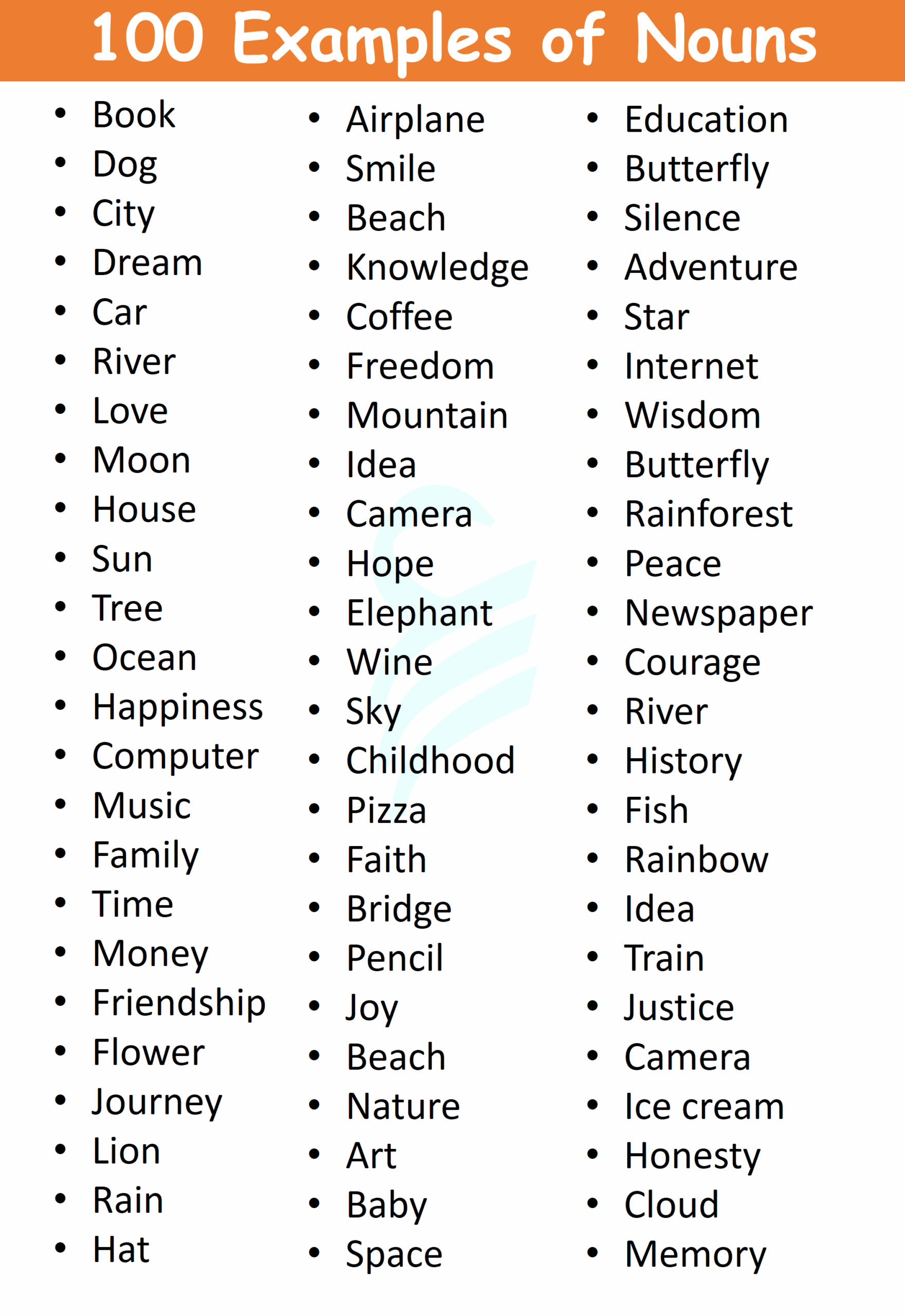Nouns are an essential part of speech that help us identify people, places, things, or ideas. They serve as the building blocks of sentences, providing the necessary elements for communication. Understanding what a noun is and how it functions in a sentence is crucial for effective communication.
Simply put, a noun is a word that names a person, place, thing, or idea. It can be a concrete object, such as “book” or “dog,” or an abstract concept, like “love” or “happiness.” Nouns are used to identify and specify the subject of a sentence, allowing us to communicate clearly and effectively.
What is a Noun Example
For example, in the sentence “The cat chased the mouse,” both “cat” and “mouse” are nouns. “Cat” refers to a specific animal, while “mouse” identifies another animal. These nouns help us understand who or what is performing the action in the sentence.
Nouns can also be proper or common. Proper nouns refer to specific names of people, places, or things and are always capitalized. Examples of proper nouns include “John,” “Paris,” and “Coca-Cola.” On the other hand, common nouns are general names for people, places, or things and are not capitalized unless they begin a sentence. Examples of common nouns are “boy,” “city,” and “drink.”
In addition to identifying subjects, nouns can also function as objects, possessives, or modifiers in a sentence. For example, in the sentence “She gave the book to her friend,” “book” is the direct object, “her” is a possessive pronoun modifying “friend,” and “friend” is the indirect object. Nouns play a variety of roles in sentence structure, making them versatile and essential components of language.
It is important to remember that nouns can be singular or plural, depending on whether they refer to one or more than one person, place, thing, or idea. Singular nouns include “apple,” “chair,” and “idea,” while plural nouns are formed by adding “-s” or “-es” to the end of the word, such as “apples,” “chairs,” and “ideas.”
In conclusion, nouns are fundamental elements of language that help us communicate effectively by identifying people, places, things, and ideas. By understanding what a noun is and recognizing its various forms and functions, we can improve our writing and speaking skills. Practice identifying nouns in sentences and exploring their roles to enhance your language proficiency and communication abilities.
